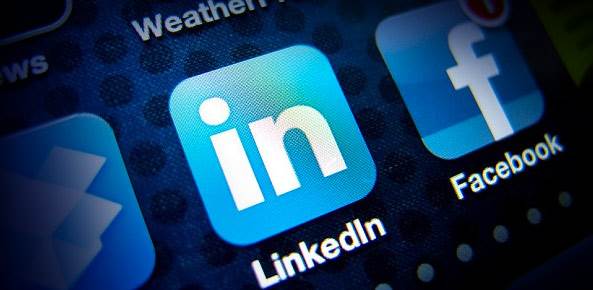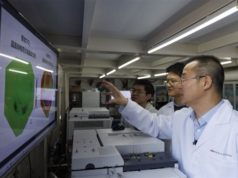
Facebook and LinkedIn are both technology companies that deliver news to millions of people. But the differences stop shortly after that.
“We all have sweatshirts, hoodies, that say ‘human editors’ on them,” LinkedIn executive editor Daniel Roth said on the latest episode of Recode Media with Peter Kafka.
Those 25 human editors, scattered around the world, are tasked with “creating, cultivating and curating” — an alliterative mission that even Roth acknowledged is a little hokey. But it’s a sharp contrast from Facebook, which laid off its human editors in August, leading to a spike in the prevalence of fake news.
“I don’t want to jinx myself, but #pizzagate has not shown up on LinkedIn,” Roth said, referring to the widely debunked conspiracy theory that Democratic politicians were connected with a child abuse ring.
He noted that politics, in general, have a less prominent place on the site. Its users self-police the content in their feeds, telling each other to watch their words.
“When people start talking about politics, you see this flood of comments beneath what they are writing, saying, ‘This isn’t Facebook. Please don’t put that here. This is LinkedIn, please talk about business,'” Roth said. “And this is not the company saying this at all.”
He said he supported posts from LinkedIn’s users and Influencers that discussed how policy affects business, but not ad hominem political remarks. But Roth noted that, consciously or not, LinkedIn users usually draw that line themselves because they think of the site as the office, and Facebook as the home.
“When you write or share or comment on LinkedIn, your boss sees it, your employees see it, your future business partners see it,” he said. “So people tend to be much more careful about what they say.”
© 2017 Re/Code under contract with NewsEdge. -.







